Digital Completions in Plant Modifications and Upgrades
Unlike greenfield or any new build construction projects, plant modifications and upgrades present a unique set of challenges. Work is carried out...
3 min read
 Lisa De Vellis, PE
:
May 27, 2024 8:00:00 AM
Lisa De Vellis, PE
:
May 27, 2024 8:00:00 AM
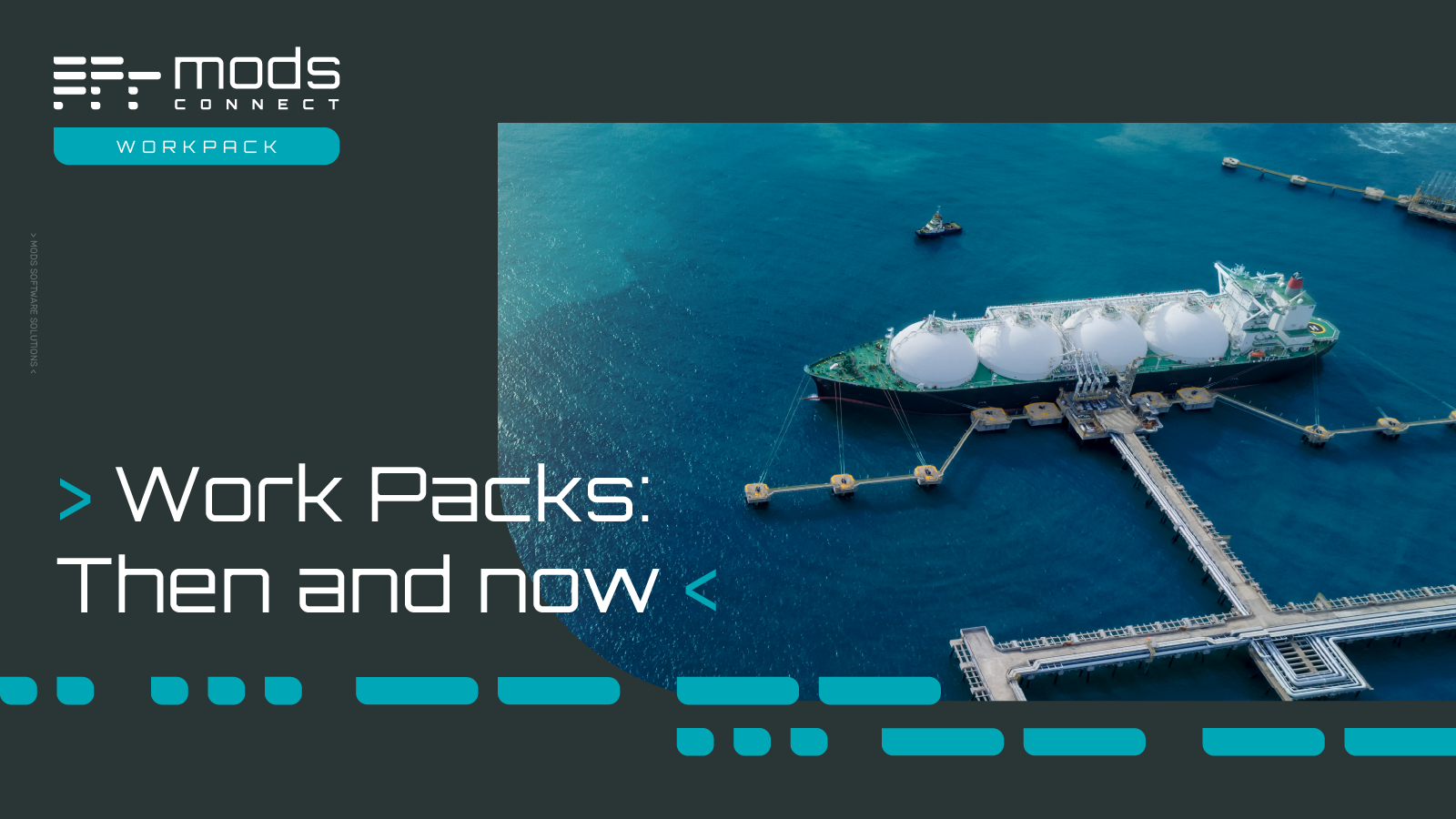
Work packages, or work packs as they’re more commonly called, are the instruction manuals for works required across the construct-operate-maintain-decommission-rebuild lifecycle of an industrial asset.
Depending on the type of project as well as the project phase, work packs communicate everything necessary to advance projects from engineering design (ie Engineering Work Packs, or EWPs), to construction methodology, (ie Construction Work Packs, or CWPs) and construction execution (ie Installation Work Packs, or IWPs).
The work pack sequence follows that of the asset lifecycle, starting with EWPs that detail design, progressing to CWPs that detail construction methodology through to IWPs, which are the instruction manuals for executing projects, commissioning and startup.
For the purposes of this article, “work packs” shall now be used only to refer to IWPs.

A project's work packs provide comprehensive instructions for executing construction activities or maintenance tasks within a specific scope. These packs, often spanning hundreds of pages in print, break down industrial projects into manageable components.
Each work pack encompasses engineering design, material specifications, equipment details, worker requirements, safety guidelines, scheduling and estimated timeframes for the designated scope. It's a substantial deliverable in its own right, yet serves as a bite-sized portion of the larger project.
Within a work pack, job cards further divide the tasks into discipline-specific instructions. Whether it's mechanical, electrical, plumbing or instrumentation work, each team receives tailored directives through job cards.

A job card outlines trades, tasks, design specifications, safety measures, potential conflicts, inspection requirements, milestones, worker hours, materials, risk assessments, roles and responsibilities. Each job card is uniquely identified, referencing project details, revision numbers, dates, priorities and linked work orders.
Activities, detailed within job cards, represent individual line tasks necessary to fulfill the scope. They include specific instructions and estimated worker hours for each task.
Work packs, job cards, and activities form a hierarchical structure, organizing industrial construction and maintenance projects into manageable parts.
Traditional work packs for industrial construction and maintenance projects consist of stacks of paper documents, often hundreds of pages long. Managing and working with these paper-based work packs is well known to be labor-and-resource heavy in terms of preparation, navigating for information and transport from office-to-site and back again as necessary to execute works.
The advent of work pack software addresses the myriad of challenges associated with this antiquated approach. Digital work packs mitigate issues like time and cost overruns, compromised safety, data loss, inadequate record-keeping and challenges in maintaining accountability and transparency.
Digital work pack software significantly minimizes the margin for human error through various features, such as providing accurate and comprehensive data, facilitating accessible and inclusive information sharing among different departments, and enabling prompt electronic sign-offs.
Digital work packs play a pivotal role in enhancing project efficiency so that projects become Lean. Firstly, digital work packs bolster transparency by granting all stakeholders immediate access to pertinent project data, fostering trust and aligning interests. This transparency, coupled with the promotion of standardization and repeatability, ensures that resources are optimized and processes streamlined.
Digital work packs revolutionize onsite execution by introducing a sophisticated management system and technical tool, while nurturing a culture of innovation and problem-solving among teams. Additionally, digital work packs facilitate the upskilling of the workforce. Training and resources that come alongside the introduction of new digital tools help workers to broaden their horizons and adapt to emerging technologies and methodologies. This ensures that teams remain agile and competent in an evolving landscape.
For example, the role of MODS Connect WorkPack in streamlining workflows and delivering value is evident. This digital work pack platform reduces the time spent on providing project data to clients by a whopping 50%, which fosters much more efficient communication and smoother, evidence-based decision-making processes. Furthermore, digital work pack software alleviates offshore administrative burdens, enabling resources to be allocated more effectively and tasks to be completed promptly.
MODS Connect WorkPack also ensures accuracy and control over work packs and progress monitoring, thereby enhancing project oversight and minimizing the risk of errors or delays. By shortening the closeout schedule, the digital work pack platform expedites project completion, ensuring timely delivery within budgetary constraints. Moreover, it supports continuous operations through fast turnarounds, minimizing downtime and maximizing productivity.
MODS Connect WorkPack's cloud-based nature enables instantaneous digital sign-offs and real-time status reporting, eliminating the delays associated with traditional paper-based processes. This technological advancement eradicates the need for work packs to be physically transported to remote job sites, saving valuable time that would otherwise be lost in transit, and expediting the shipping and closing out process by 60-90 days.
Digital work packs such as MODS Connect WorkPack aren’t just the future, they are the here and now, setting the benchmark for work pack best practices and underpinning Advanced Work Packaging (AWP) methodology.
For more on how digital work packs shorten workflows for more efficient project delivery, download our brochure below.
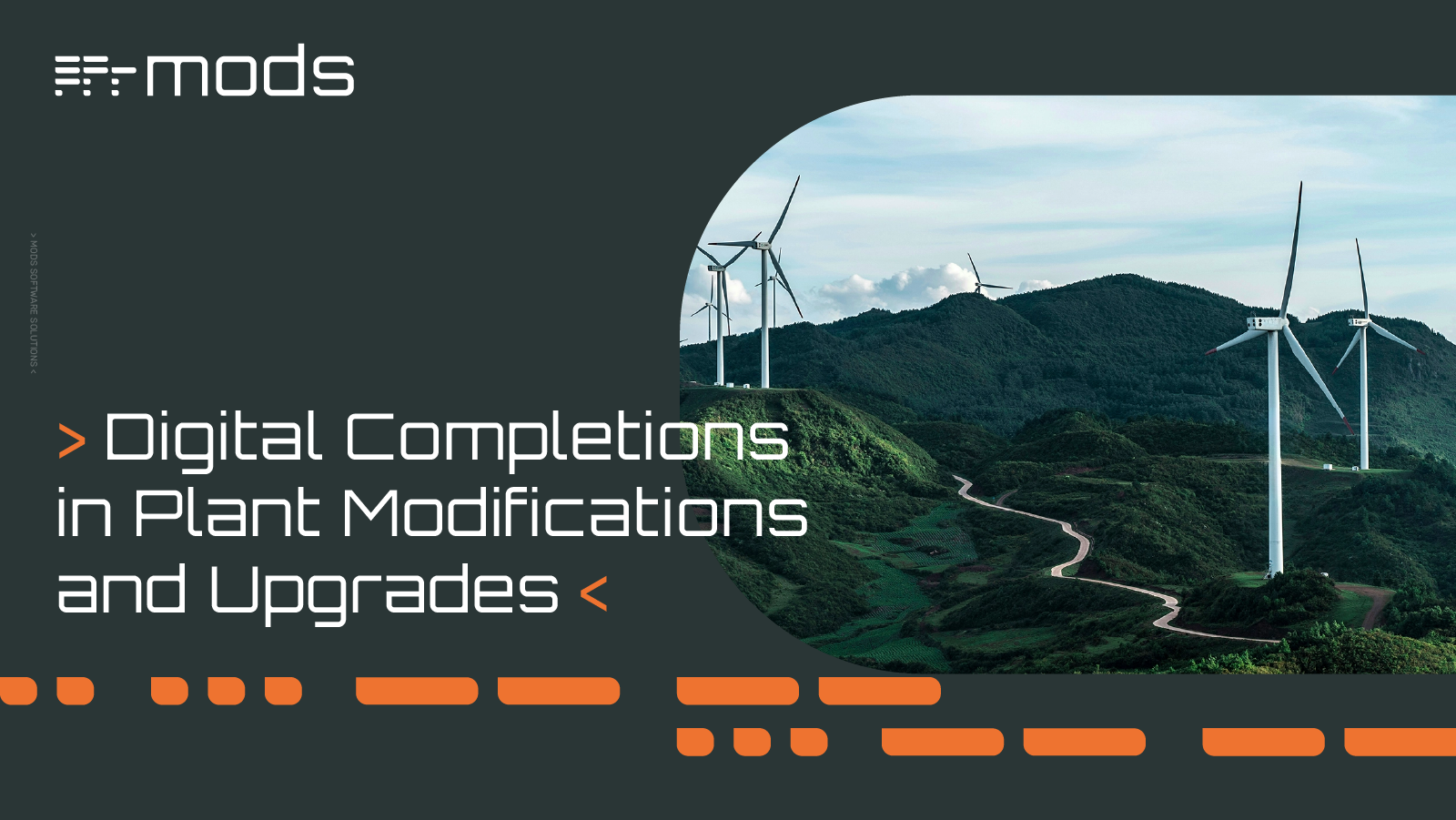
Unlike greenfield or any new build construction projects, plant modifications and upgrades present a unique set of challenges. Work is carried out...

Turnarounds and shutdowns are among the most critical—and stressful—phases in the management and operation of industrial assets. These planned...
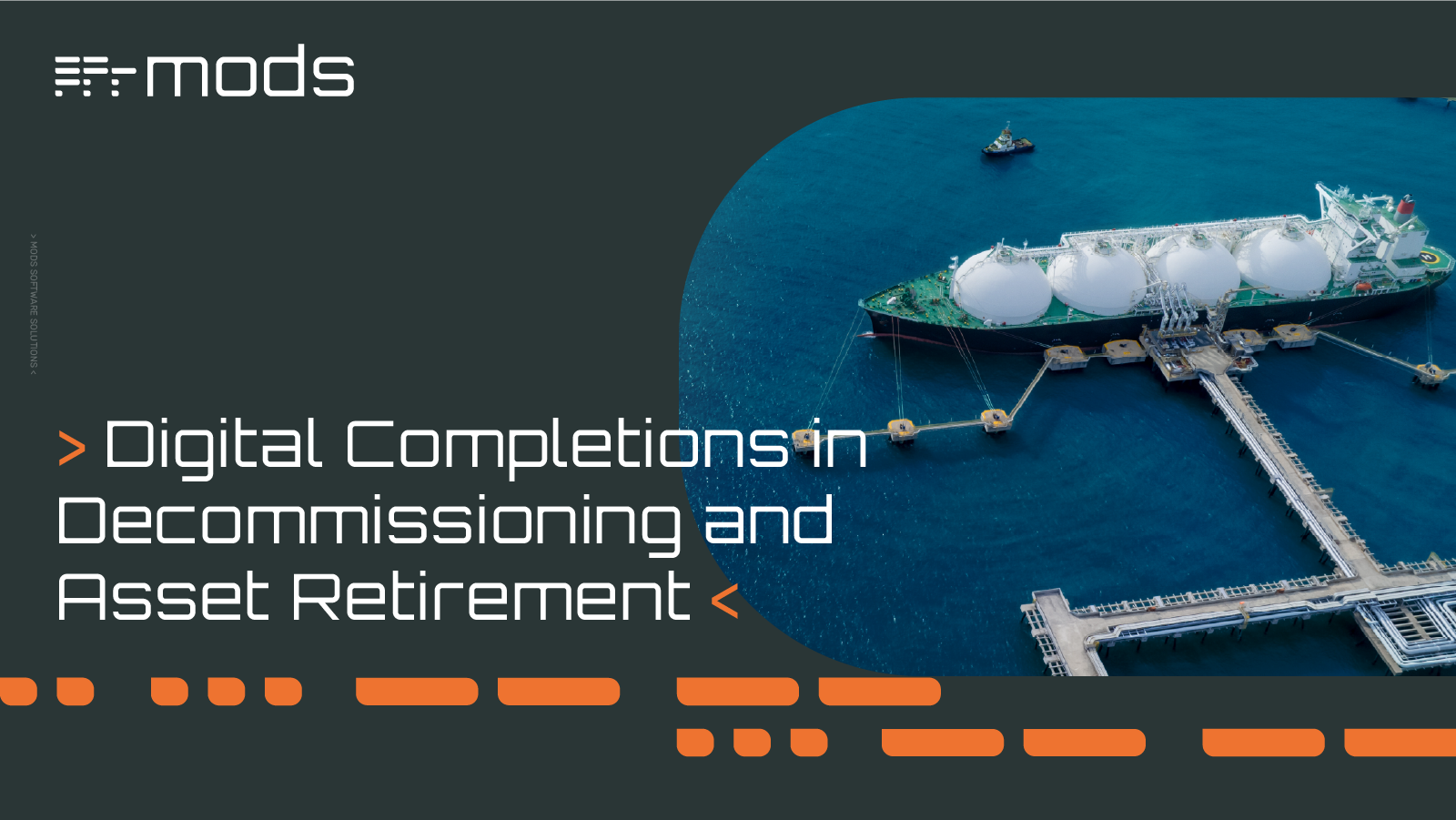
Offshore decommissioning and asset retirement present significant logistical, regulatory, safety, fiscal and reputational challenges. The process of...
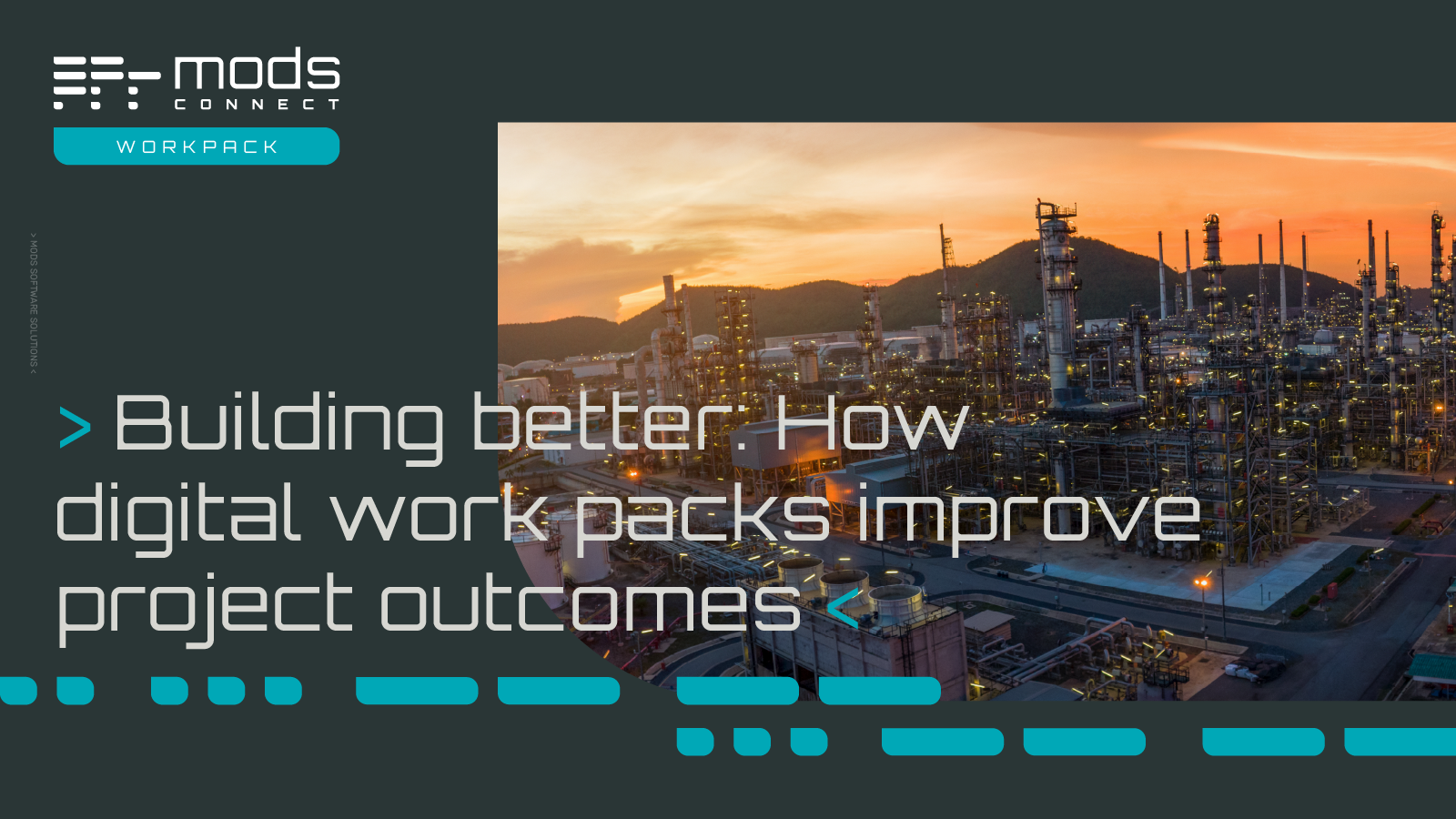
Work packs are your project’s Bible. Fortunately, you no longer have to print, carry or distribute a bulky physical tome containing stacks of...
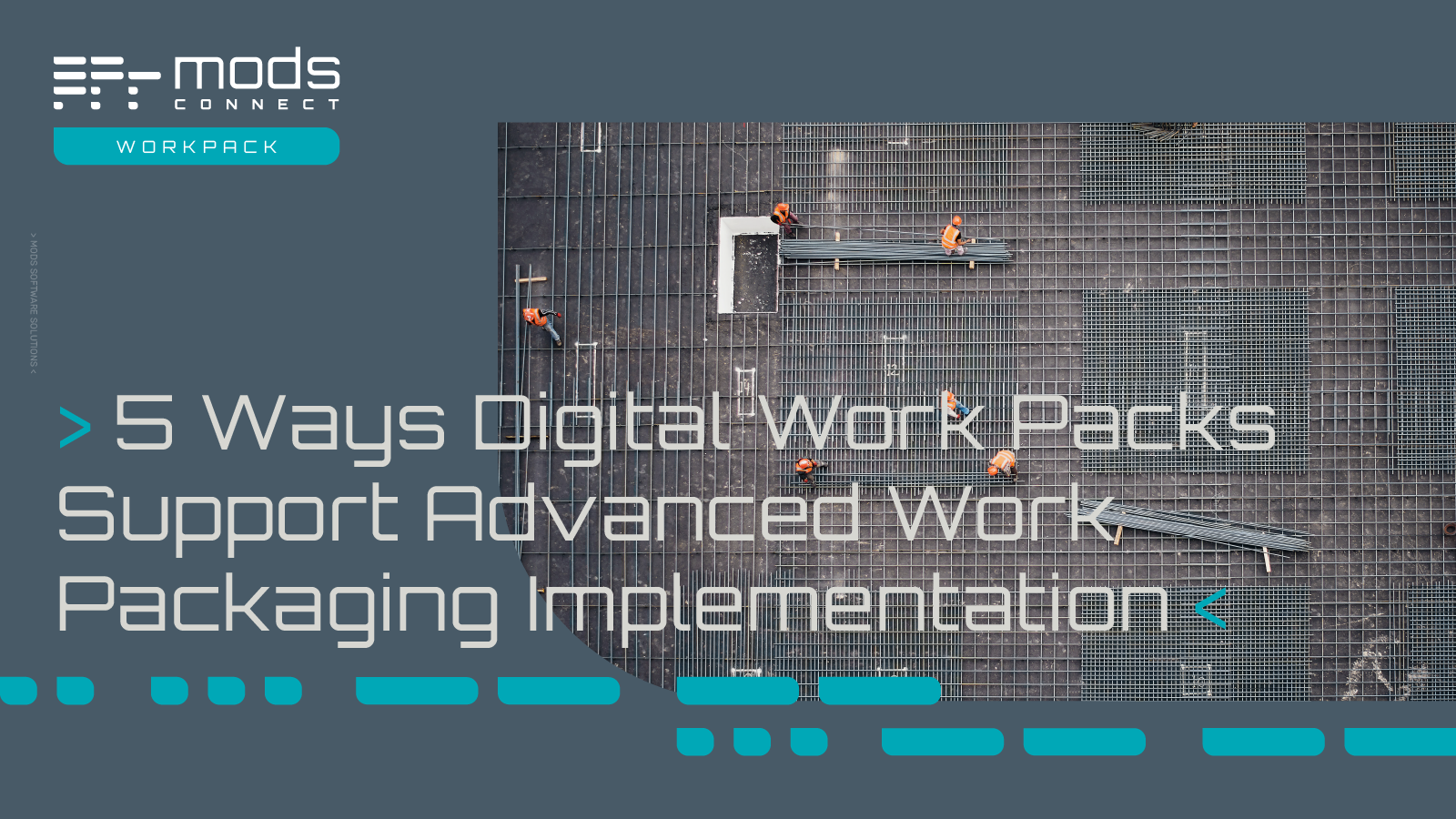
Advanced Work Packaging (AWP) is a construction execution methodology that, in part, relies on the effective use of installation work packs (IWPs)....
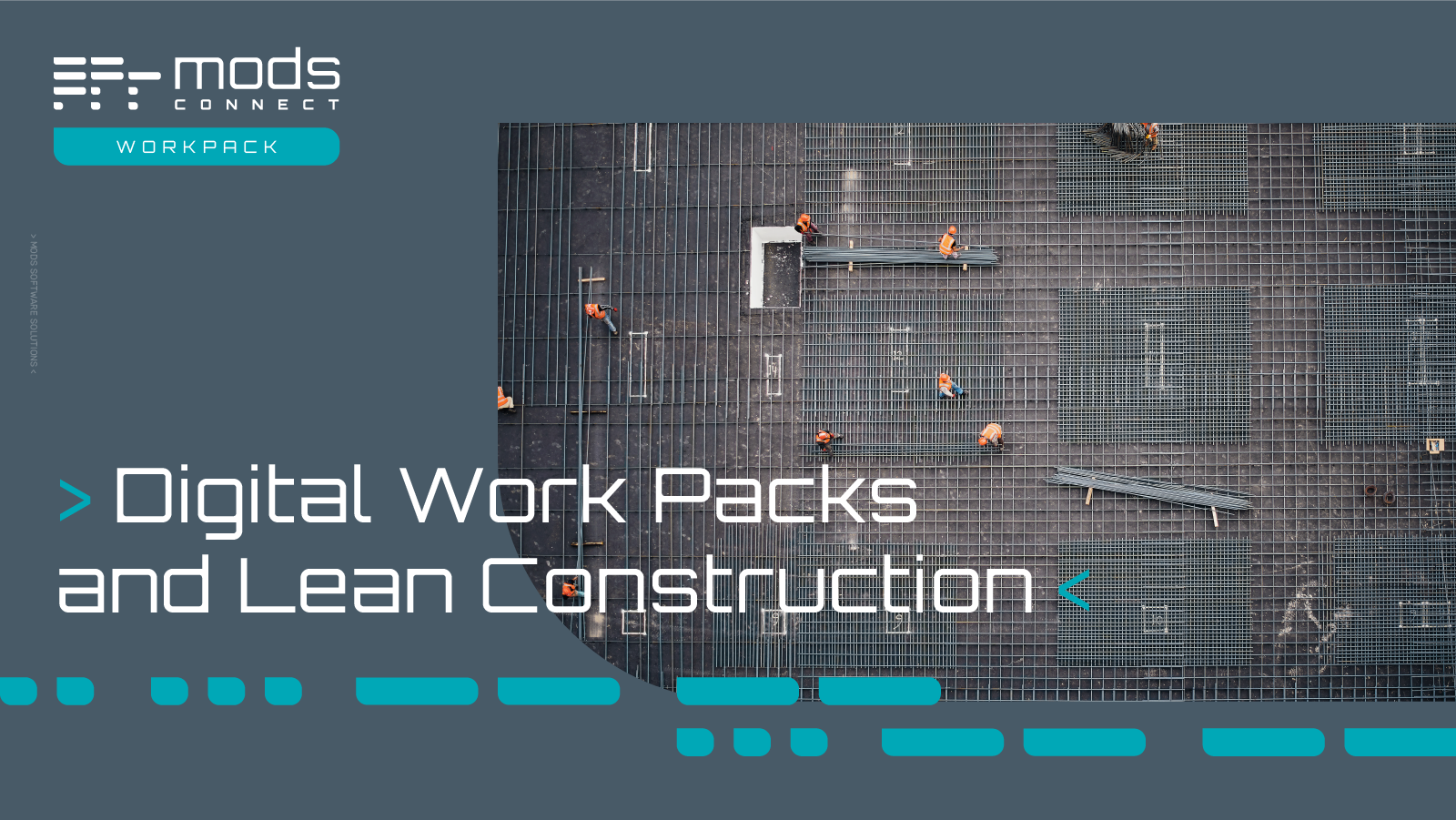
Efficiency and optimization are the hallmarks of Lean construction. The role of digital infrastructure cannot be overstated as an essential tool in...